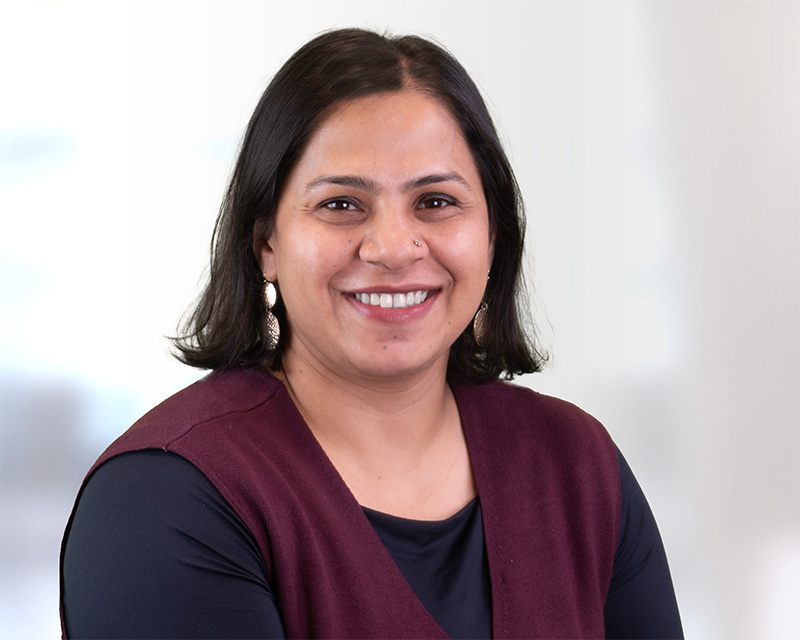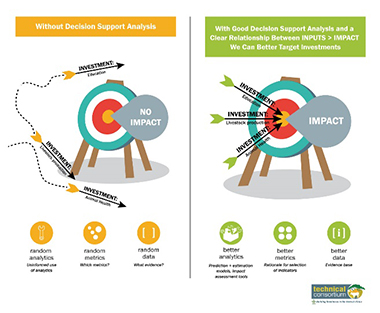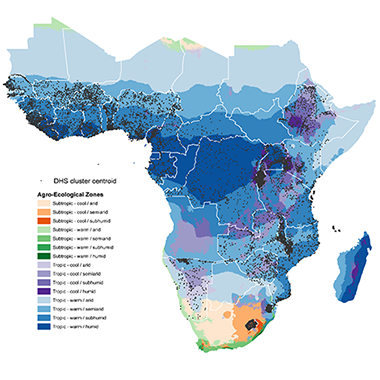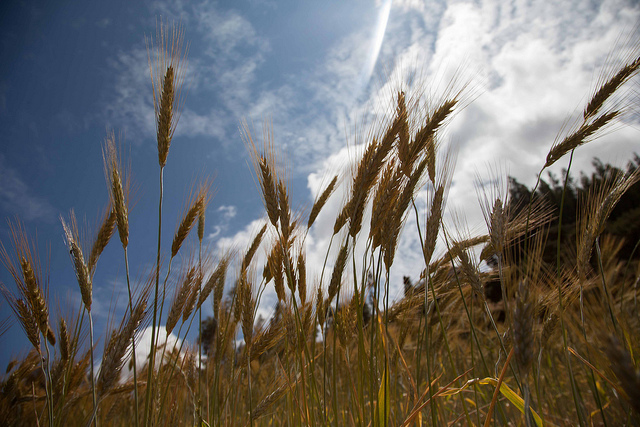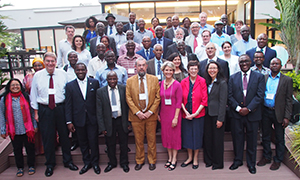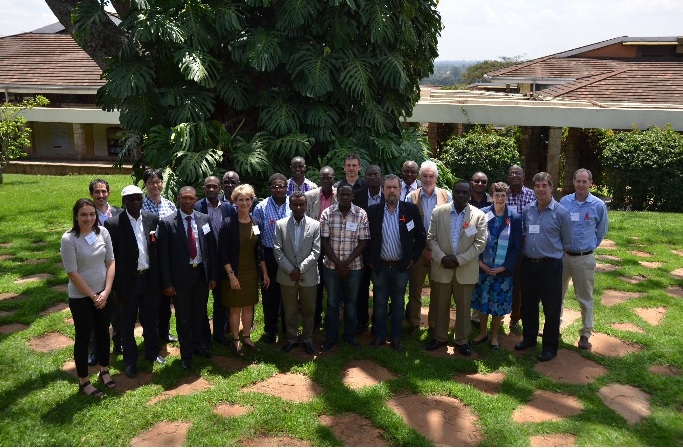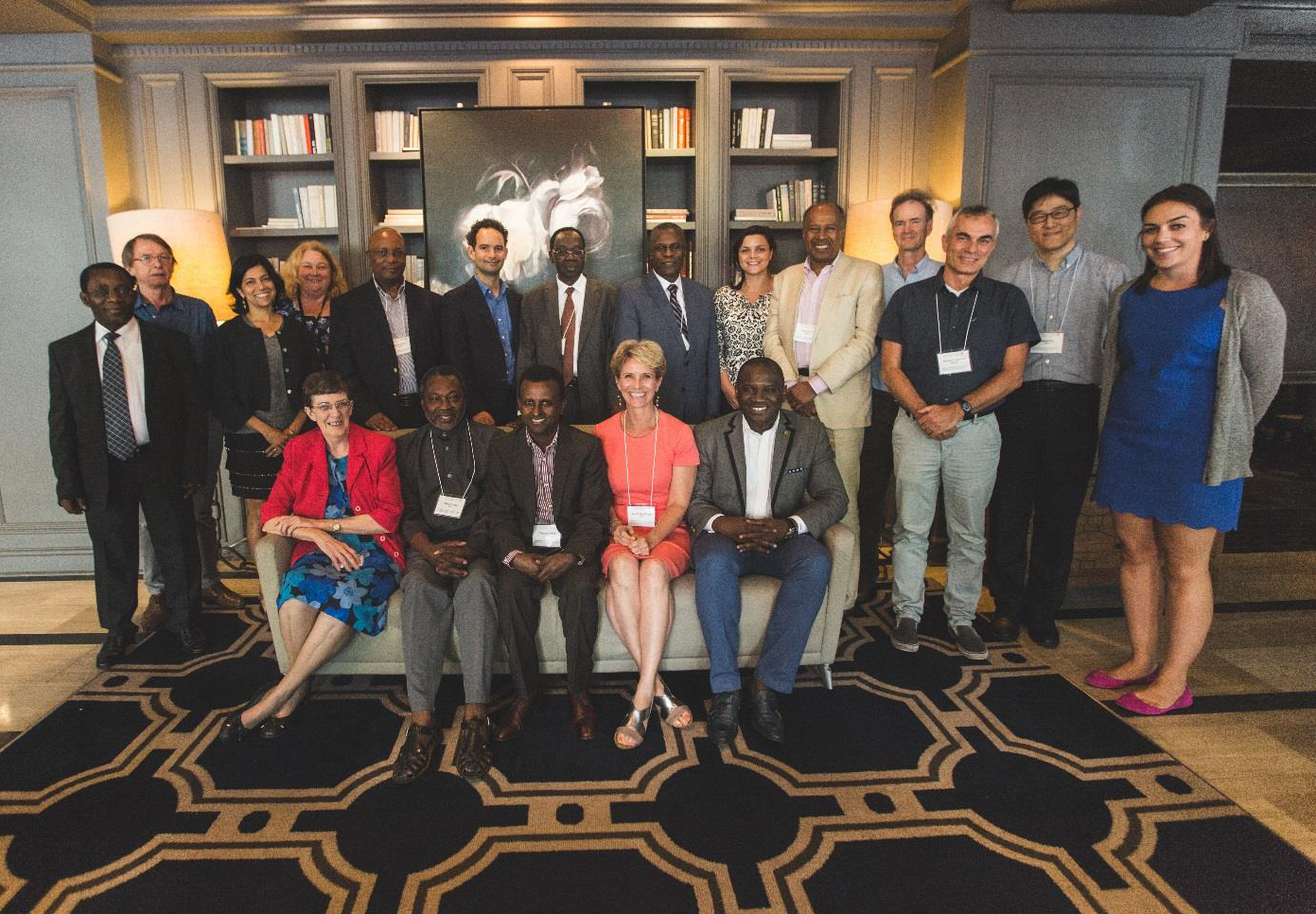HarvestChoice began in 2006, when the tides were rapidly turning on the data science. Detailed figures on agriculture, human welfare, and the environment were scarce for Africa South of the Sahara (SSA). Statistics to support agricultural policy and investment decisions in the region were often too coarse – available only at national scale. Since then, technology advances (e.g., remote sensing, geographic information systems, crowd-sourcing, and modeling tools) have enabled rapid data generation.
For supporting policy and strategic investment decision makings, data products need to be well documented with meaningful meta data, ground-truthed, well-focused, flexible, and consistent, as well as timely and geographically relevant for multiple users and for multiple scenarios. Cross-disciplinary data, for example from socio-economics and the natural sciences, must be interoperable and, ideally, spatialized, if we are to capture the complexity of agriculture, people and place. To this end, HarvestChoice’s primary goal was to spearhead the development of new, standardized, spatially-explicit data layers relevant for SSA agriculture, harmonized from multiple data sources – which included rescuing and repurposing statistical data from previously inaccessible formats. A second goal of HarvestChoice was to make sense of these data and help inform strategic decisions regarding technical change in SSA agriculture. To do this, HarvestChoice developed suites of tools both to enable data users to explore, summarize, and visualize our core datasets and to draw on these data to conduct bio-economic analyses in support of decision making in SSA agriculture. More than 300 published journal articles were found to use HarvestChoice’s data as the basis of study.
In addition to its data products, in partnership with the University of Minnesota and other key collaborators, HarvestChoice delivered a collection of flagship knowledge and analysis products – including new (bio-economic) models, data documentation, analyses, and an extensive series of on-line and written reports and policy digests. These knowledge products are clustered around the core theme of Realizing the Potential of African Agriculture. Most of this work focused on the spatial dimension of African agriculture, with emphasis on the bio-economy of agricultural production. Many of the policy- and investment-focused analyses draw insights from a unique juxtaposition of the carefully harmonized, spatially-explicit data assets developed by HarvestChoice and its partners. These studies will be continue published and made available from the [Publications] section of this page below.

